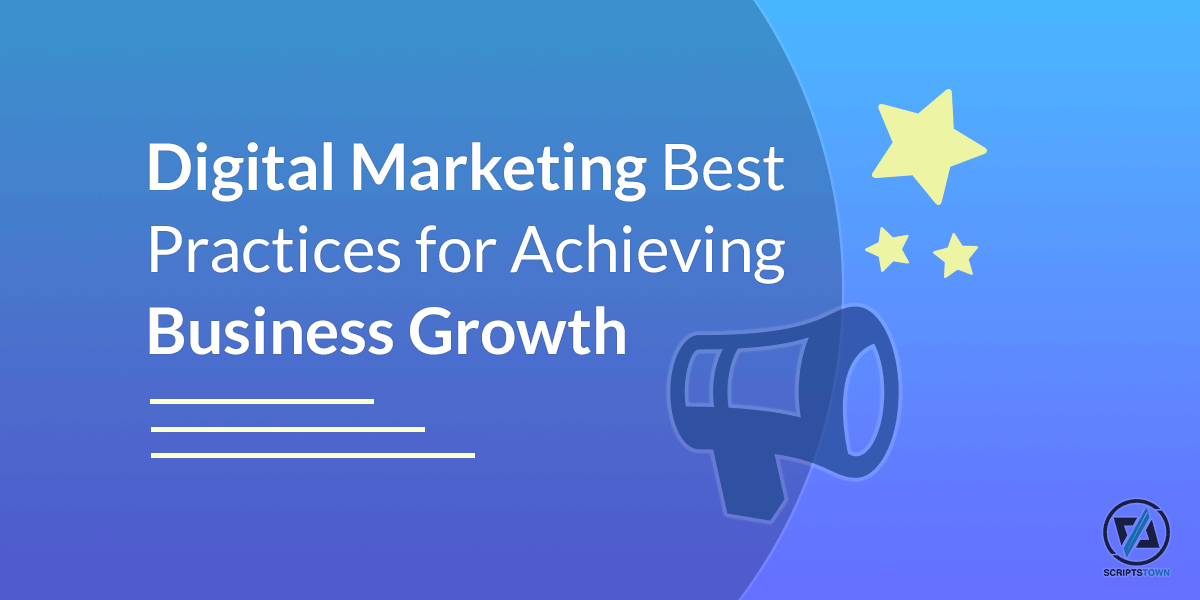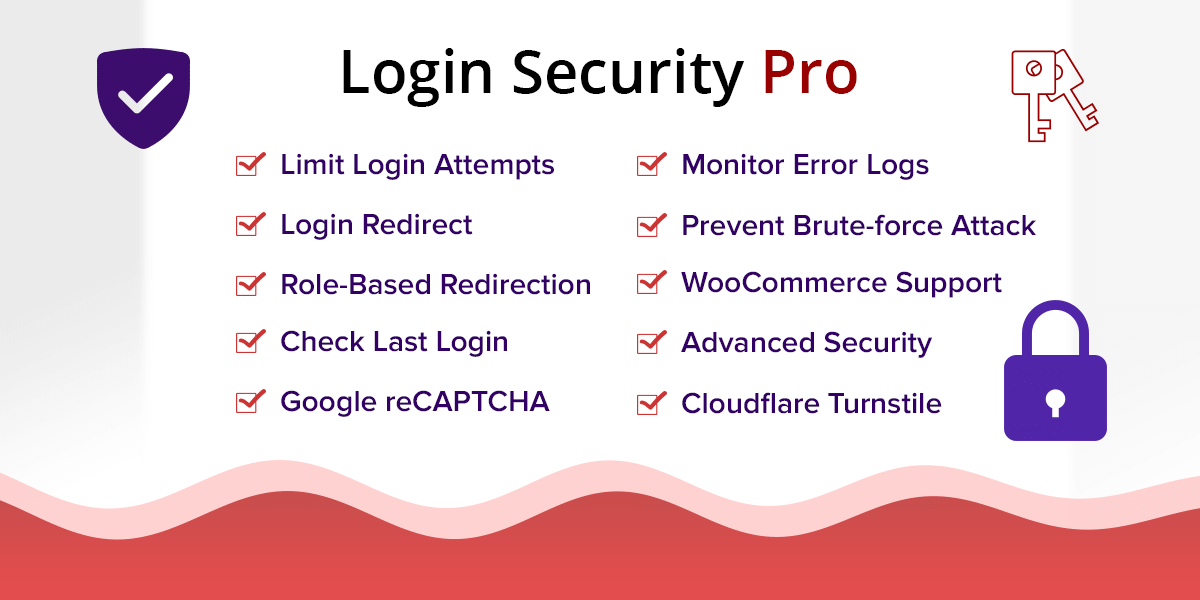Digital marketing has evolved into a crucial practice of every successful business strategy. With the advancement of technology and the internet, people are increasingly resorting to online channels to research items and make purchasing decisions.
As a result, businesses must implement an efficient digital marketing strategy in order to reach and engage their target audience.
The Importance of Driving Traffic and Business Through Search in Digital Marketing
Search engines are the primary way people find new businesses and products online. Optimizing your website and content to rank well in search engine results is essential for driving traffic to your site.
By appearing at the top of search results, your business is more likely to be seen and visited by potential customers. Because most people use search engines to find products and services, it’s crucial for businesses to have a strong online presence and a search-friendly website in order to be competitive.
A strong understanding of search engine optimization (SEO) is necessary for successful digital marketing. SEO is the practice of improving the visibility of your website and its content in search engine results.
It can be accomplished through the use of relevant keywords, the creation of high-quality content, and images, and the creation of backlinks from other websites. Leveraging an AI link insertion tool can help automate the process of acquiring relevant links throughout your link building efforts. Additionally, marketers even integrate the generation of text AI content for SEO to automate content creation and optimizations for SEO simultaneously.
To improve your website SEO, you should:
- Produce valuable and unique content that utilizes relevant keywords.
- Optimize website for mobile devices and quick loading speed.
- Incorporate relevant keywords in the website’s URLs, headers, and image tags.
- Obtain backlinks from reputable websites to boost authority and search rankings.
- Implement an internal linking structure to improve the content navigation.
- Regularly update your content with fresh and engaging material.
- Optimize title tags, meta descriptions, and other elements to include relevant keywords.
- Implementing structured data markup for better search engine visibility.
Local SEO: Attract Nearby Customers with High Intent
If your business serves a local area, like a restaurant, clinic, or repair service, local SEO is a must. It helps your business show up in search results when people in your area are looking for the products or services you offer. This is key to getting found by customers who are nearby and ready to buy.
Local SEO can drive high-conversion traffic since users searching locally generally have immediate intent to buy or visit. For example, if we are considering the keywords dental SEO expert, it is more likely that someone searching for this term in your local area needs a dental SEO expert and is ready to hire one. This increases the chances of converting them into a paying customer.
Effective local SEO includes:
- Setting up and optimizing your Google Business Profile with accurate business details, high-quality photos, relevant categories, and up-to-date contact information.
- Collecting local reviews to boost your credibility and visibility in local pack results.
- Including location-based keywords in your website content (e.g., “plumber in Austin”).
- Using local business schema markup and structured data tags to help search engines better understand your business, location, and services.
- Ensuring name, address, and phone number are consistent across directories.
The Role of Website Design and User Experience in Digital Marketing
It is equally critical to prioritize your website’s design and user experience. Your website should be simple to use and load quickly, with a clean and professional appearance. For instance, if you run a business that’s frequently hiring, including a hiring tracking system on your site can enhance the user experience for potential candidates.
The design elements, such as layout, color scheme, and typography, should align with the brand’s identity and evoke a positive emotional response from visitors.
Additionally, optimizing user experience through intuitive navigation, fast loading times, and mobile responsiveness can significantly impact engagement and conversion rates.
If you run a WordPress website, then there are many great digital marketing themes to choose from that offer clean design.
Many business, marketing, and blogging WordPress themes come with an elegant layout. For example, a beautiful green WordPress theme or a theme with a grid layout. It’s crucial to find a theme that suits your business needs.
Another important aspect that plays an indirect role in SEO and digital marketing is to improve the accessibility of a website. This includes making your website more accessible with support for keyboard navigation, voice search, and screen readers.
You can enhance engagement and conversion rates by offering a great user experience. Also, you can measure website traffic and user activity with tools like Google Analytics, which can help you find areas for development.
Conversion Rate Optimization: Making Traffic Count
Getting people to visit your website is important. What really matters is what those visitors do once they arrive. Do they sign up for your newsletter, reach out to contact you, or complete a purchase? That’s the focus of conversion rate optimization. It focuses on improving your site or landing pages so more of your visitors take the actions that matter most to your business.
Conversion Rate Optimization (CRO) focuses on analyzing and improving the performance of specific elements on your site to increase conversions. You need to:
- Test variations of key pages through split testing, multivariate testing, or real-time personalization to determine which design, messaging, or layout performs best.
- Simplify forms to reduce friction and improve submission rates.
- Use clear and compelling CTAs (calls to action) placed in strategic locations.
- Use website heatmap tools to identify where users drop off or get stuck.
- Ensure landing pages are tightly aligned with the ads or content that lead users to them.
Social Media Advertising: Reaching and Engaging Your Target Audience
Another important aspect of digital marketing is social media advertising. Social media platforms, such as Facebook, Instagram, and X (formerly Twitter), offer businesses the opportunity to reach a large and engaged audience.
By creating targeted advertisements and campaigns, businesses can reach their ideal customers and drive conversions. In key points, you should:
- Know your audience and make content that appeals to them.
- Use targeting options to reach specific audiences on social media.
- Improve ad elements through testing. Try different ad formats (e.g., carousel, video, or slideshow) for better engagement.
- Keep ad copy concise, focusing on benefits and solutions.
- Choose the right ad placements (e.g., newsfeed, stories, or in-stream).
- Use clear and concise call-to-actions to guide your audience’s next steps.
- Use AI tools to engage niche audiences.
- Measure the campaign’s success with analytics.
- Continuously monitor and adjust campaigns for better results.
Influencer Marketing: Expand Your Brand Reach and Credibility
Influencer marketing involves collaborating with individuals who have a strong online presence to promote your products or services.
By partnering with relevant influencers, you can tap into their existing audience and expand your brand’s reach organically. Influencers can provide authentic endorsements and testimonials, which help build trust and credibility among their followers.
For marketing with influencers, you should consider the following points:
- Collaborating with micro-influencers can be more cost-effective and yield higher engagement rates than working with macro-influencers.
- Building long-term relationships with influencers can lead to ongoing brand advocacy and increased brand loyalty.
- Influencer-generated content can fuel your social media strategy and provide fresh, engaging content for your audience.
- Analyzing influencer campaign performance can provide valuable insights for optimizing future marketing strategies.
Interactive Content Marketing: Engage through Quizzes, Polls, and More
Including quizzes, polls, contests, and other interactive elements in your digital marketing strategy can lead to higher user interaction and brand awareness. These forms of content add excitement and interactivity to your content, enticing users to spend more time on your platform and boosting their interest in what you offer.
- Quizzes: Create fun and engaging quizzes that allow users to test their knowledge and receive personalized results. This can encourage users to share their results, amplifying your brand’s reach organically. Also, educational quizzes can enlighten users as well as entertain them.
- Polls and surveys: Gather opinions and insights from your audience, creating a sense of inclusivity and involvement.
- Calculators: Develop interactive calculators or tools that provide users with results based on their inputs.
- Contests and giveaways: Organize interactive contests or giveaways to incentivize audience participation and generate excitement.
- Integrate game-like elements, such as challenges, achievements, and leaderboards, to make the interactive experience more enjoyable and rewarding.
Email Marketing: Building User Relationships and Driving Sales
Email marketing is another effective strategy for accelerating business growth. Businesses can send targeted and individualized communications to their audience by creating a list of email subscribers. This can boost brand awareness and revenue.
To send unique and relevant content to your audience, email marketing can be automated and segmented to certain groups. This can result in increased open and click-through rates, as well as more conversions. The key takeaway for effective email marketing is to:
- Build a targeted email list of engaged subscribers and keep them organized.
- Create compelling subject lines and personalized content to increase open rates.
- Use segmentation and automation to deliver personalized and timely messages.
- Use A/B testing to optimize the performance of your email campaigns.
- Track email campaign success with analytics and use data to make decisions.
Customer Retention: Keep Buyers Coming Back
Getting new customers matters, but keeping the ones you already have often brings more value. That’s because returning customers tend to stick with your brand, spend more, and are more likely to recommend your business to others.
Retention efforts help turn first-time buyers into long-term supporters.
Effective retention practices include:
- Follow up after a purchase: Send a thank-you email or message, request feedback, or offer helpful tips related to their purchase.
- Ask for feedback and act on it: Show customers their opinions matter by improving products or services based on their input.
- Keep your communication relevant: Send updates, offers, or content that matches their interests based on past purchases.
- Make reordering easy and convenient: Let returning customers quickly place repeat orders by saving their past order details or contact information. For phone-in orders, when a customer calls to place an order, staff should be able to quickly pull up their previous details to speed up the process without asking for everything again.
- Deliver consistently good experiences: Make sure every interaction, whether it’s on your website, during order placement, or through delivery, is smooth, reliable, and trustworthy.
Video Marketing: Engage Your Audience through Visual Content
Video content is highly engaging and can capture your audience’s attention more effectively than text or images alone. Videos are essential in digital marketing because they allow you to convey complex information in a concise and visually appealing manner.
- Incorporating storytelling elements in your videos can evoke emotions and create a deeper connection with your audience.
- Video tutorials and demonstrations can help showcase your products or services, enhancing understanding and driving conversions.
- Live streaming videos create a chance to interact with your audience instantly, making them more engaged and connected.
- Video testimonials from satisfied customers can serve as powerful social proof and influence purchasing decisions.
Content Repurposing: Get More Reach from Existing Content Assets
One effective digital marketing strategy is content repurposing. Instead of constantly trying to come up with brand-new material, you can take your existing content and adapt it into different formats to fit various platforms. This saves time and lets you reach more people without losing the core message.
For example:
- A detailed blog post can be converted into a short infographic summarizing key points.
- A blog post can also become a social media thread, a video, or even a podcast episode.
- Video content can be transcribed into a post or broken down into social media clips.
- A webinar can be turned into a series of instructional videos or used as gated content to collect leads.
Predictive Analytics in Marketing Strategies
Predictive analytics means using past data and patterns to foresee future trends and results. By looking at past interactions and purchases, you can predict what products a customer might prefer. Furthermore, you can find out which channels, content, and timing deliver the best outcomes. This helps digital marketers to make well-informed choices, fine-tune campaigns, and improve customer experiences.
Accurate sales forecasting is also possible with predictive analytics. This guides inventory management and resource distribution. Also, it helps optimize your marketing budget.
You can create precise customer segments. Instead of using broad demographics, you can categorize customers based on their chances of converting or specific buying habits. This enables targeted outreach and increases conversion possibilities.
Developing Authority and Trust with Your Target Audience
Another essential approach for increasing business growth is content marketing. You may attract and engage your target audience by generating high-quality, informative content. This can take the form of blog articles, movies, infographics, and other materials.
You can position your brand as a trusted and authoritative source of knowledge by providing content that answers your target audience’s inquiries and tackles their pain points. This can result in improved brand awareness and loyalty, as well as more conversions.
Another aspect of building trust is consistent brand messaging. Make sure that your brand’s messaging across all digital channels clearly aligns with your core values.
From your website to social media profiles and email communications, a unified voice also reinforces your authority. By using the same tone, language, and visual elements across all your marketing channels, you create a cohesive and memorable brand experience.
Customer Reviews and Testimonials
Positive reviews and testimonials matter a lot for a business’s success and play a crucial role in digital marketing. They can strongly impact what potential customers choose to purchase. They act as social proof to build trust and credibility for your business.
In addition, positive reviews and testimonials can also improve search engine rankings and visibility. They can bring more traffic to your website.
Here are the best practices to follow:
- Encourage customers to leave reviews and testimonials on various platforms. This can include reviews on your website, social media, and third-party review sites.
- Highlight customer reviews on your website and also in various marketing materials to effectively attract and engage new customers.
- Be prompt and professional when responding to positive and negative reviews. Responding to reviews shows customers that you value their feedback and your commitment to making them happy.
- Address customer concerns and appreciate their feedback.
- Use customer testimonials in your marketing campaigns to showcase the value and satisfaction your products or services offer.
The Key to Effective Digital Marketing
Understanding your target demographic is one of the most crucial things to have in mind when developing a digital marketing strategy.
You can build content and campaigns that will appeal to them and encourage conversions by having a thorough grasp of their requirements, interests, and behavior. A combination of surveys focus groups, and data analysis can be used to accomplish this.
Conclusion
Any business seeking growth must invest in digital marketing. Driving traffic through search, social media advertising, email marketing, and developing authority and trust with your target audience are all crucial elements of a successful digital marketing strategy.
By optimizing your website for search engines, creating engaging content for social media advertising, building a targeted email list, and establishing trust with your audience, you can increase your online visibility and reach more potential customers.
Also, it’s important to continuously monitor and improve your efforts in these areas in order to stay competitive in today’s digital landscape. In addition to these strategies, incorporating critical thinking tips into your digital marketing approach is essential. Critical thinking allows you to analyze data, make informed decisions, and adapt your tactics based on changing market trends and customer preferences.
For further reading, there is another aspect of digital marketing that revolves around content, which is inbound marketing to turn strangers into loyal customers.









